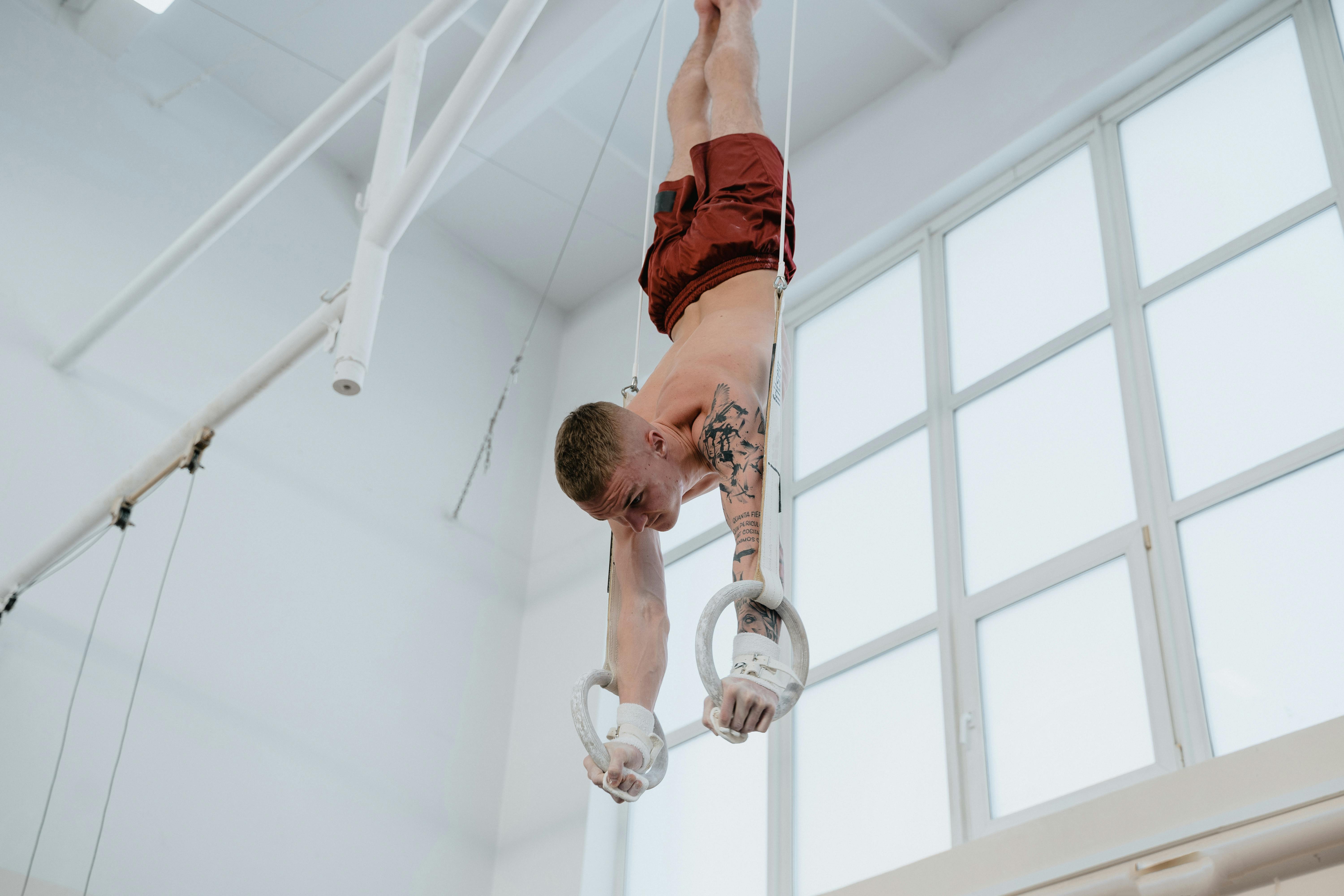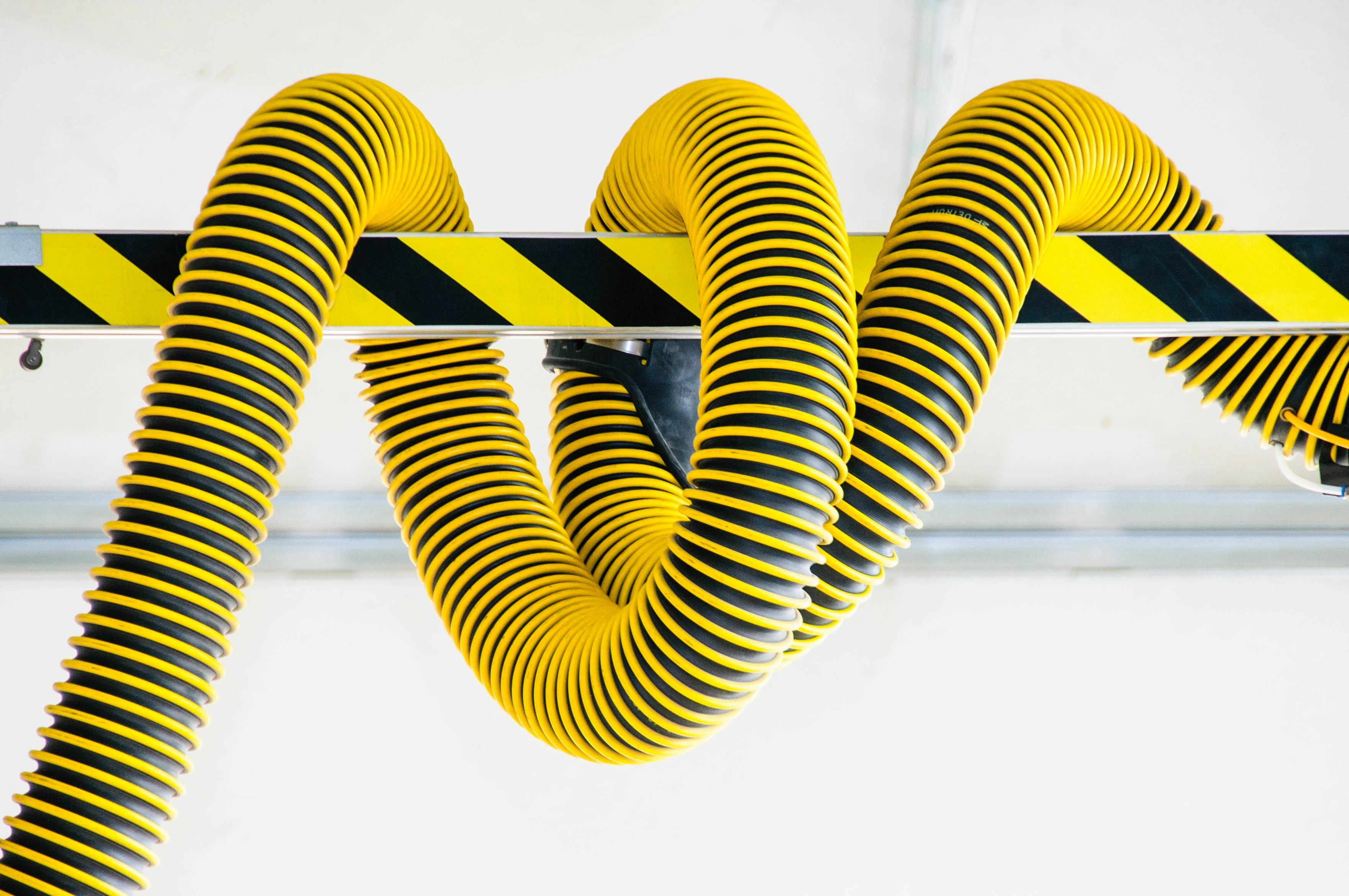
What is mental toughness and why is it important?
admin
- 0
Over the years I have had the opportunity to coach many players and one thing I can say without reservation is that the best players were all mentally tough. It’s a hard concept to explain until you see it, but it’s obvious when you see a player who has it.
To clarify my point, not all top athletes have it. No, all major league players are mentally tough and there are many who never make it to the major leagues who have great mental toughness. It’s not about skill, I’ve coached many great athletes who had no idea of being mentally tough and would give up under pressure. They could perform well when the stakes were low, but when the game was even or the competition was tough, they often faltered.
On the other hand, I’ve seen plenty of average-skilled, but mentally tough players play in ways no one thought they could. A decisive hit, a key bunt, a great defensive play that stopped a play, mentally strong players get the job done. In fact, the higher the pressure, the better they perform.
One thing I have come to understand through experience is that mental toughness is not an inborn DNA trait, but rather develops over time and exposure to adverse conditions. Mental toughness preparation begins with experiences at an early age. Parents can play a key role in beginning the mental toughness training process, but they need help along the way. A disciplined education system with high expectations and good classroom rules, along with tough but fair coaches (or mentors in other pursuits) with a positive mindset, is essential to a child’s mental development, whether they are an athlete or not.
This is one of the many reasons why it is important that all children participate in balanced and organized extracurricular activities from an early age: karate, gymnastics, ballet, music, scouting, children and youth activities at church or youth sports will play a big role. part in beginning to instill the discipline and structure it takes to develop mentally. Notice I said start playing apart. It requires time and preparation.
The development of mental toughness (and leadership skills) is also a reason why athletes should participate in a proper training program when they are 14 or 15 years old. A training program not only helps build power, strength, and agility, but is also important for mental development. Players must be held accountable to a mentor (coach, coach, etc.), as well as the camaraderie and pressure of a small group of peers, even if it’s just one or two others.
If a player is involved in a training program before the age of 14 or 15, it must be for the purpose of training agility and speed, as well as teaching proper techniques in strength conditioning without weights. Before beginning any training program, consult your child’s doctor during your annual physical exam, as each child’s development is unique.
Definition of mental toughness
Mental toughness is having the psychological edge that allows one to perform at maximum effort and efficiency during the demands placed on one during training, practice, or competition. Specifically, when the demands are greater or the conditions become adverse.
Whenever the demands are greater is when the characteristics of mental strength are more evident.
Some of the many characteristics that are evident when a player is mentally strong include:
– Self-confidence
– Self motivation
-Approach
– Approach
– Composition
– Tranquility
– poise
– Self control
-Positive energy
– Determination
– persistence
-Leadership
Note that this does not mean that the result is always a win, in many cases these attributes can be displayed more during a loss, especially a close loss to a difficult opponent or during adverse conditions. But over time and with careful training, the mental toughness of skilled players comes to the fore in championships won.
Developing Mental Strength
To become mentally strong, one must practice the attributes that lead to mental strength. I wish there was a formula to follow, but there isn’t. It takes time and patience under the right leadership to develop mental toughness. Parents, educators, coaches, and other mentors should be systematically involved in the training process.
Also, you need failure and the ability to bounce back. Many people develop mental toughness through the experience of failure. Good parents don’t want their children to fail and I understand that. But today, too many blame others for failure. Parents are quick to blame the teacher for problems in class or the coach when a child doesn’t excel in an activity. Mental toughness cannot be properly developed when blaming others. In fact, the opposite is the case.
Here are a couple of examples:
“Every strikeout got me closer to my next home run.” babe ruth
Babe Ruth grew up in an orphanage. During his playing career, he struck out a record 1,330 times en route to hitting 714 home runs in his career.
“Failure makes me try harder next time.” Michael Jordan
Jordan was just 5’7″ when he entered high school. Due to his speed and athleticism (and an older brother named Larry who was well known to the coaches) he was invited to try out for the varsity team, but was not placed on the varsity team. JV team where he routinely scored 25 -30 points per game.By his junior year, he was 6’4″ and made the varsity team. By then, he not only had the skill to play, but also the drive and determination to succeed, as he demanded the same of his teammates. His older brother, Larry, also had a lot to do with developing his toughness on the court.
Edmund Hillary failed three times before finally being the first to climb Mount Everest.
Bill Gates and Steve Allen (his Microsoft co-founder) failed in their first business, Traf-O-Matic, which was developed to analyze traffic patterns.
Walt Disney’s first animation business in the 1920s failed after only one month, forcing him to take a job with another company at the time. Coaches, you can train your players to become mentally strong, but it takes time, persistence and hard work. But the results are worth it.

